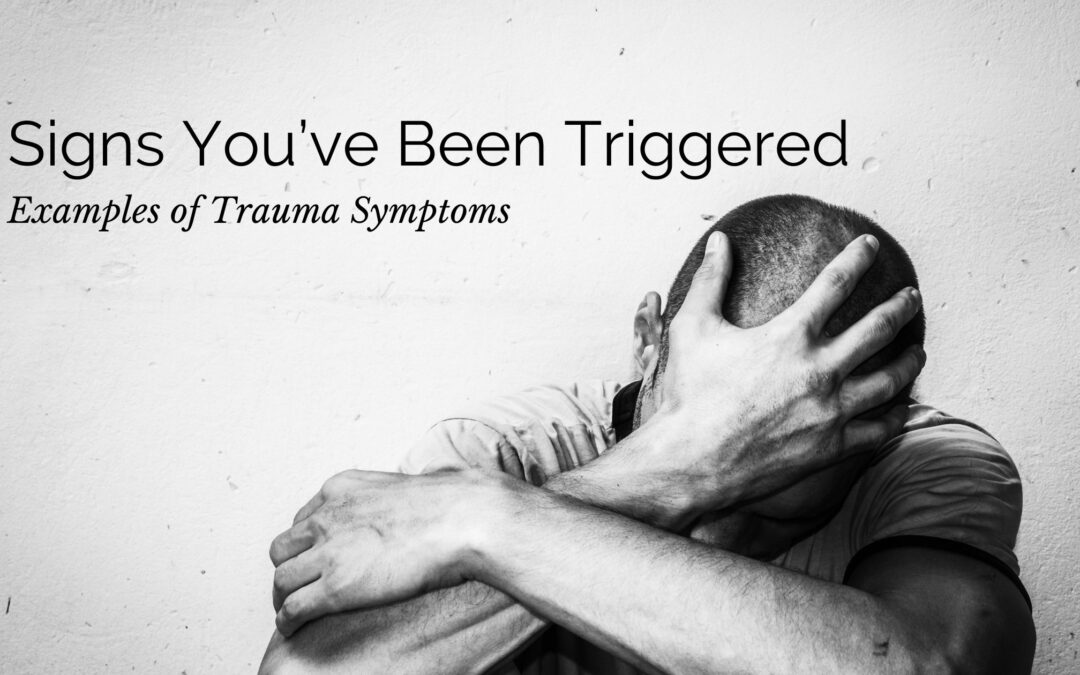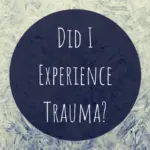 Awareness of trauma symptomatology is important to identify possible long-term effects from traumatic events. It is also important to have this awareness in order to monitor trauma reactivity during treatment; helping you and your therapist to gauge effectiveness, areas of greatest disruption, and tailor symptom management between sessions.
Awareness of trauma symptomatology is important to identify possible long-term effects from traumatic events. It is also important to have this awareness in order to monitor trauma reactivity during treatment; helping you and your therapist to gauge effectiveness, areas of greatest disruption, and tailor symptom management between sessions.
There are a few domains, all related to post-traumatic stress disorder criteria, that we frequently see in ongoing reactivity. Functionally, something is traumatizing when we have an experience that makes our biology overreact to cues or reminders of that event. Because the part of our brain that is over sensitized is more ancestral, the cues that it is responding to (and sometimes even the events themselves) are beyond our conscious awareness. Look at the list below to help yourself identify possible trauma reactivity.
Anger or Irritability – Key to identify: overreaction
- Bothered by small things
- Sensory sensitivity – easily overstimulated, bothered by noises or body sensations that don’t always bother you (e.g. touch from others, tags on clothing)
- Anger feels sudden and uncontrollable

- Sudden changes, more changes than usual
- Low mood, feeling blue, intense sadness, grief
- Hypomania – seeking disruption, novelty, or change
- Hopelessness, feeling or belief that future is doomed in some way
- Thoughts/feelings of worthlessness
Dissociation – Key to identify: the mind’s distance from the body
- Feeling foggy, blurry, floaty
- Confusion and/or forgetting, unusual for you and only in certain situations
- Disconnection from time/place
- Derealization – colors seem brighter, world seems fake, like a movie or video game
- Depersonalization – don’t recognize self in mirror, hard to recognize age/current life
- Don’t notice/late to notice bodily cues for hunger, thirst, pain, bathroom
- Re-experiencing through flashbacks, nightmares, intrusive thoughts, intrusive remembering
- Daydreaming
Anxiety – Key to identify: evaluation and control
- Rumination – your mind running over the same worries, memories, interactions, ideas repetitively
- Feeling as though something is wrong
- Starting a new project with self-imposed pressure/perfectionism
- Intrusive thoughts around death
- Intrusive thoughts around rejection
- Hyperstartle reflex, jumpiness
- Intellectualization – focusing on researching/understanding without feeling or action
- Fight/flight symptoms like heart racing/palpitations, shortness of breath
- Trouble sleeping
- Minimizing trauma “wasn’t that bad”, “others have it worse”, “is it really trauma”





